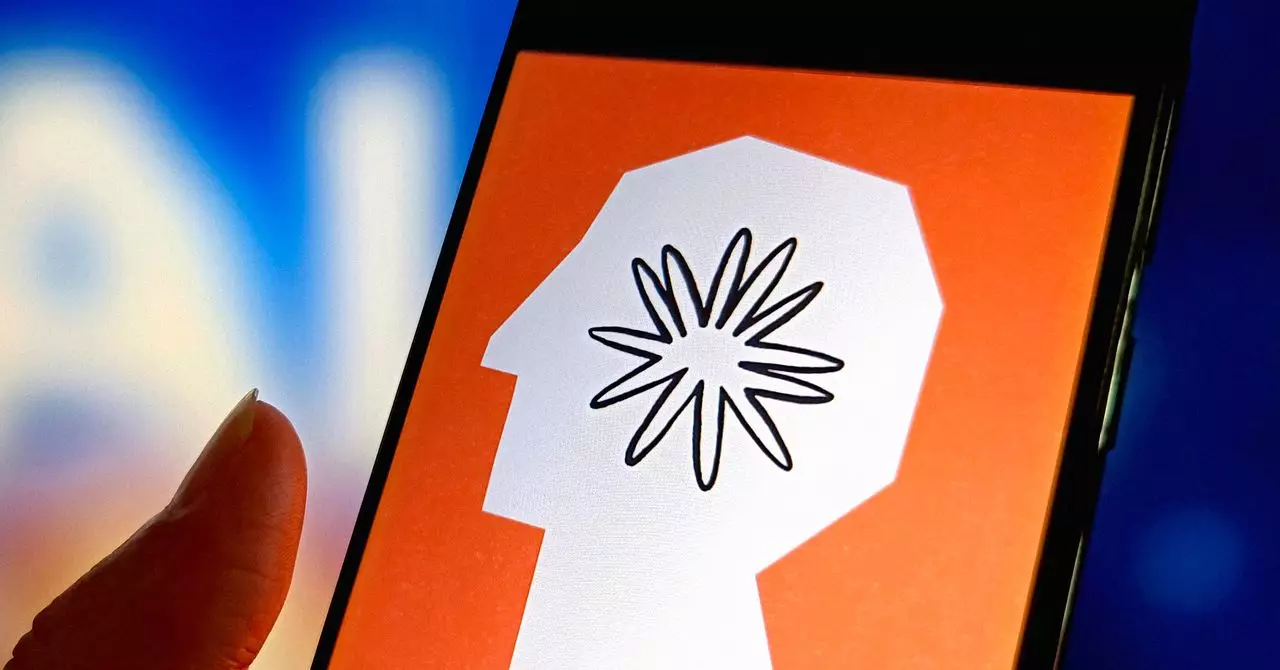The recent settlement between Anthropic and a coalition of authors marks an unprecedented milestone in the tangled web of AI development and copyright law. This case isn’t just about a single company’s legal troubles; it signals a fundamental shift in how society perceives the responsibilities of AI creators concerning intellectual property rights. With a hefty commitment of at least $1.5 billion, this settlement underscores the growing resolve against AI practices that infringe on creative works. It also clearly communicates to the industry that neglecting copyright protections can carry significant financial repercussions. As a critical turning point, this settlement profoundly influences how AI companies assemble their training data and how policymakers craft future regulations.
This landmark case could serve as a blueprint for future legal actions targeting AI firms, especially in an era where vast data scraping is commonplace. The importance of this settlement extends beyond the dollar figures; it establishes a new moral and legal baseline for accountability. AI companies are now on notice: acquiring copyrighted works without consent, even if unintentional, will not be tolerated silently. This bright line could foster more ethical data sourcing and propel the industry toward greater transparency and cooperation with content creators.
Redefining Fair Use and Unsettling the Status Quo
The legal narrative surrounding AI and copyright is complex, rooted in traditional doctrines like “fair use,” which was initially designed to balance copyright rights with public interest. The court’s previous decision to invoke fair use in Anthropic’s favor was a significant win for corporations. However, it also set the stage for a broader debate about the limits of fair use in the context of AI training data. The court acknowledged that Anthropic relied on pirated book copies—yet still granted them a pass, citing fair use protections. This paradox reveals a looming question: does the mere act of copying pirated material, even if used indirectly for training, warrant legal immunity?
This nuanced ruling hints at potential future conflicts; if fair use is stretched too far, it risks undermining the very purpose of copyright law: protecting original creators. The authors involved—and indeed, society at large—must scrutinize whether AI’s sweeping capabilities should afford it immunity from traditional copyright protections. The settlement’s emphasis on compensating authors — even retroactively — signals a move toward recalibrating these boundaries. The message is clear: fair use isn’t a license for unchecked copying, especially when pirated material forms the backbone of AI training datasets.
The Power of Accountability and Industry Transformation
The $1.5 billion settlement redefines the financial stakes AI companies face when they skirt copyright law, particularly through unauthorized use of pirated content. This move is not merely punitive; it elevates the importance of respecting intellectual property as an essential pillar of creativity and economic vitality. The settlement also sends a potent message to the broader tech industry: the era of free rein in data harvesting is coming to an end.
By agreeing to pay for thousands of works, Anthropic acknowledges a broader responsibility to compensate creators rather than exploit shadowy libraries or questionable sources. This dynamic shift promises to reshape industry standards, compelling companies to adopt more lawful and ethical practices. Furthermore, this case exposes the potential perils of unregulated data scraping: the immense legal liabilities and reputational damages that can arise from seemingly innocuous activities.
The implications extend beyond individual litigation. The precedent established may influence policymakers to craft regulations that explicitly define acceptable data sourcing for AI training, perhaps favoring transparency, permission, and fair compensation. Ultimately, this case underscores that the future of AI is intertwined with respect for human creativity — and that respecting these boundaries is not optional but essential for sustainable innovation.
The Anthropic settlement is more than a monetary resolution; it is a clarion call for a reimagined relationship between AI developers and the creative community. As AI advances, the importance of safeguarding intellectual property becomes increasingly evident, demanding responsibility from industry leaders. This case exemplifies how overdue accountability can reshape not only legal standards but also corporate ethics and societal expectations.
The fallout from this landmark decision will ripple across the tech sector, inspiring a more conscientious approach to data acquisition and model training. As creators begin to reclaim their rights in the digital age, AI companies will have no choice but to adapt or risk obsolescence in a landscape that values transparency and fairness. The message is unequivocal: innovation should not come at the expense of the human ingenuity that fuels it. Rather, sustainable progress will require a commitment to respecting, compensating, and collaborating with the very artists and writers whose works underpin AI’s transformative potential.

